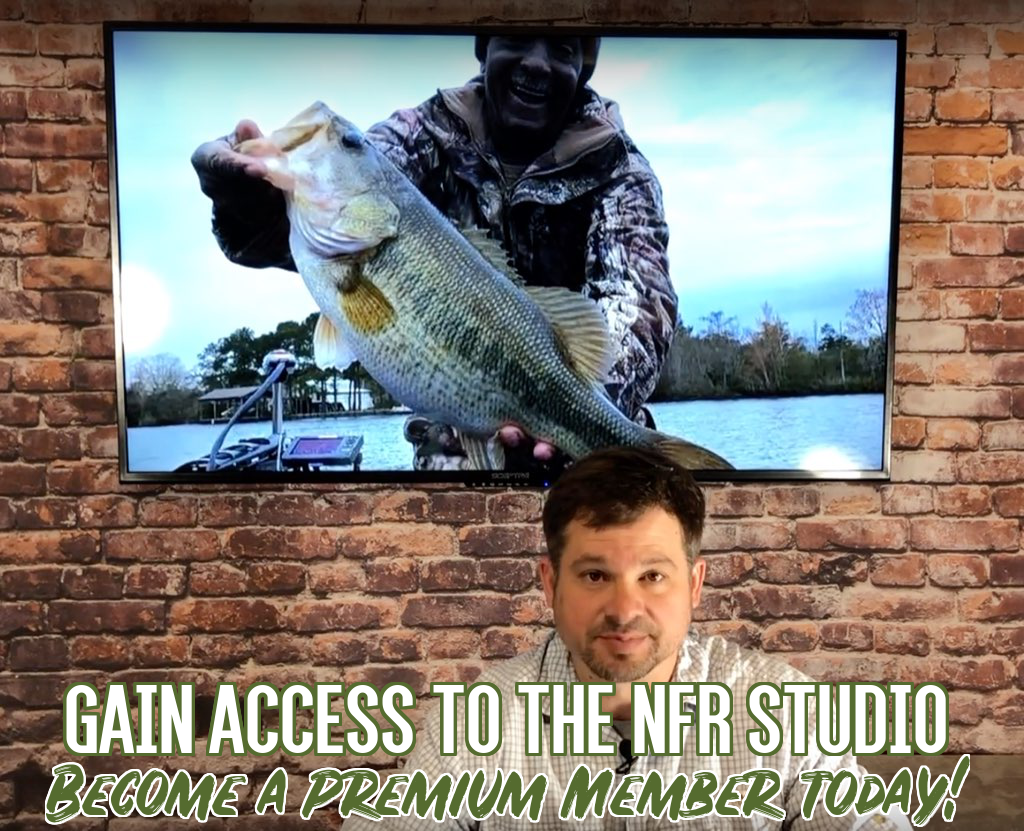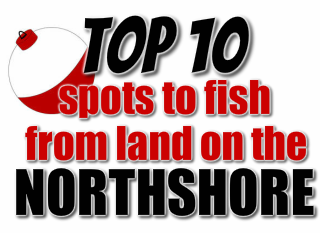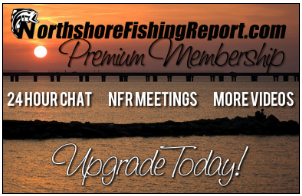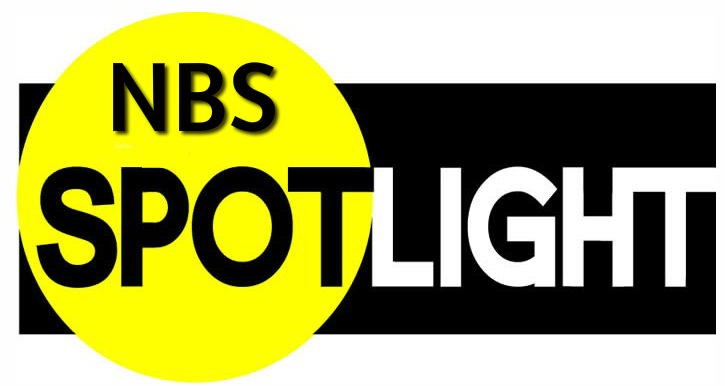 Keith Lusher
Keith Lusher For those of us on the Northshore we haven’t had to deal with the private waters ordeal that has been making it’s way slowly east. Sure we’ve all heard the news about two previous Elite Series tournaments and the Bassmaster Open out of Orange, Texas where anglers where warned to stay out of “private waters” that belonged to landowners due to Louisiana’s backwards laws governing access to navigable waters. Then news of fishermen being run out of the bayous around Golden Meadow, Leeville, and Lafitte made it’s way to our side of the Lake Pontchartrain. The old saying that “people don’t care about something until they are effected by it” has held true for anglers that come and go freely in the marshes of Pontchartrain, Borgne, and Catherine. But those days may be short lived with the outbreak of land owners capitalizing on the idea that not only can they own the land along the waters that are teaming with speckled trout, redfish, bass, and flounder, but they can own the water as well. Jerry Fazio has been fishing the cuts and bayous that pepper the ICW for 60 years and says for the first time ever, he was told that he couldn’t fish the bayou because it was private property. Jerry’s day started bright and early when he launched at Southshore Bait off Chef Menteur Hwy. After a quick run to the crescent-shaped waterway near Bayou Thomas known as the Bypass Canal, Jerry started putting speckled trout into the boat. “I started catching a few trout and was in the process of moving a little closer to the area where the bite was,” Jerry says. The unsuspecting angler was in hot pursuit only to realize that there was another boat perusing him. “I was in the process of moving a little closer to the area where the bite was and the game wardens were coming around the bend flagging me to stop,” He says. The officers pulled up to Jerry and what seemed to be a routine stop ensued. “I showed them all that they asked for and they seemed happy. “Then one of them asked me ‘where is your sticker sir?’ I told him they were next to my registration numbers on both sides of the bow. The officer replied "not that one, but the one that gives you permission to be in this bayou,” Jerry was appalled and replied “I've been fishing this marsh for 60 years and it's absurd that at my age that I need a sticker for permission.” The officers pointed to three signs posted that Jerry says he didn’t even pay attention to while entering the bayou. The officers went on to inform Fazzio that all of the marsh, ponds, and bayous from the ICW at Chef Pass to Lake Borgne, almost all the way to the Rigolet’s, has been purchased by someone and they are starting to ticket those who trespass. “Never did I ever think this would happen in our area. We need to band together on this and make sure our elected officials hear us loudly,” Fazzio says.
To understand how the situation has escalated to this we need to go back to 1988. It was then that the U.S. Supreme Court ruled in Phillips Petroleum v. Mississippi that all navigable waters affected by the ebb and flow of the tide are public and cannot be owned. In what seemed to be a clear win for sportsmen who fish public waters has slowly been eroded, literally. A large portion of Louisiana’s marshes hold mineral rights that are owned by oil and gas companies. Through coastal erosion, that land was being covered by water and in turn these companies were losing the rights to the land. In the court ruling it was established that the states were left to define “navigable waterways,” and herein lies the problem. In 1992 Act 998 was passed. In it the Louisiana Legislature dictated that “navigable waterways” shall be defined as waterways which were used for commerce in 1812, allowing other water bottoms and the water that sits above them to be owned. Since then, property owners have grabbed on to Act 998 that not only gives them the right to own waterways, but even grants them the ability to restrict access with gates to areas in which recreational anglers have fished all their lives. Darryl Carpenter is a member of the Louisiana Sportsman Coalition. The membership group’s motto is “Uniting Sportsmen to Protect Public Access to Waterways.” Carpenter gives this advice to those who want to see Louisiana join the other 49 states that consider water a public resource. “You need to start talking about this at your breakfast stop, at the barber shop, at the grocery store, anytime you have the ability to work it into a conversation, you need to be making people aware of the issue,” Carpenter says. As far as what action to take? Darryl recommends emailing your State Legislators and establishing contact with your local Tourism Commission. “LASC is working with both and we are seeing success and support. But it’s only when they cannot get anything else accomplished because they are handling these complaints, will we win out over the folks who like to write checks,” Carpenter says.






